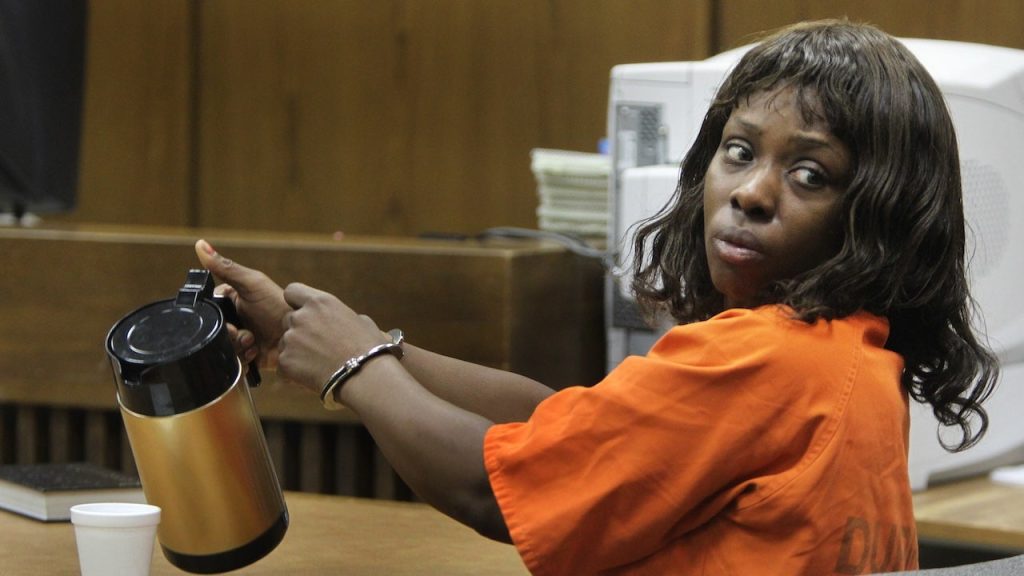The Duke Lacrosse case, a saga that captivated the nation and sparked intense debates about race, class, and the justice system, took a dramatic turn in 2023 when Crystal Mangum, the woman at the center of the accusations, confessed to fabricating the entire story. In an interview with an independent media outlet, Mangum admitted to falsely accusing three Duke Lacrosse players of raping her at a team party in 2006. This stunning revelation brought a sense of closure to a case that had long been riddled with controversy and unanswered questions. Mangum’s admission of guilt finally confirmed what the exonerated players and their supporters had maintained for years: they were victims of a false accusation that irrevocably altered their lives.
The initial accusations, leveled by Mangum, a then-exotic dancer hired to perform at the party, set off a media firestorm. The allegations, amplified by then-Durham County District Attorney Mike Nifong, quickly escalated into a national controversy. Nifong, fueled by what seemed like a politically advantageous case, aggressively pursued charges against the players, publicly declaring their guilt before a thorough investigation had been conducted. The case became a lightning rod for discussions about race and privilege, with the accused white lacrosse players from an elite university pitted against a Black woman from a less privileged background. The media coverage often portrayed the players as entitled athletes and Mangum as a vulnerable victim, further exacerbating the already tense racial and social dynamics surrounding the case.
However, as the investigation progressed, cracks began to appear in Mangum’s story. Inconsistencies in her accounts and a lack of corroborating physical evidence raised serious doubts about her claims. Crucially, DNA evidence failed to link any of the accused players to Mangum, a fact that Nifong initially withheld from the defense. This act of prosecutorial misconduct would later lead to his disbarment. Despite the mounting evidence of their innocence, the three players, David Evans, Collin Finnerty, and Reade Seligmann, endured a year of intense scrutiny, legal battles, and public condemnation. Their reputations were tarnished, their academic careers disrupted, and their lives irrevocably altered by the false accusations.
The North Carolina Attorney General eventually took over the case and declared the players innocent, acknowledging the profound miscarriage of justice. While the players were finally exonerated, Mangum escaped perjury charges due to concerns about her mental health. This decision, while understandable given the circumstances, left a lingering sense of injustice for the accused. They had been subjected to a legal and media onslaught based on fabricated claims, yet the person responsible for their ordeal faced no legal consequences for her actions.
Mangum’s 2023 confession, while belated, provided a degree of closure for the wrongly accused players and their families. She admitted to concocting the story to gain attention and validation, a motive that tragically highlighted the devastating consequences of false accusations. While her confession could not fully undo the damage inflicted, it offered a measure of vindication for the players and exposed the flaws and biases that can plague the justice system. Her statement also underscored the importance of due process, the presumption of innocence, and the devastating impact of rushing to judgment based on incomplete information or preconceived notions.
The Duke Lacrosse case serves as a cautionary tale about the dangers of unchecked prosecutorial ambition, the power of media narratives, and the fragility of reputations in the face of false accusations. It also highlights the complex interplay of race, class, and gender in shaping public perception and influencing the course of justice. While the players were eventually cleared, the case left an indelible mark on their lives, a testament to the enduring harm that can result from false allegations, even when ultimately disproven. Mangum’s confession, though years in the making, offered a final chapter to this complex and controversial saga, providing a measure of accountability and a reminder of the importance of seeking truth and justice in even the most contentious of cases.


